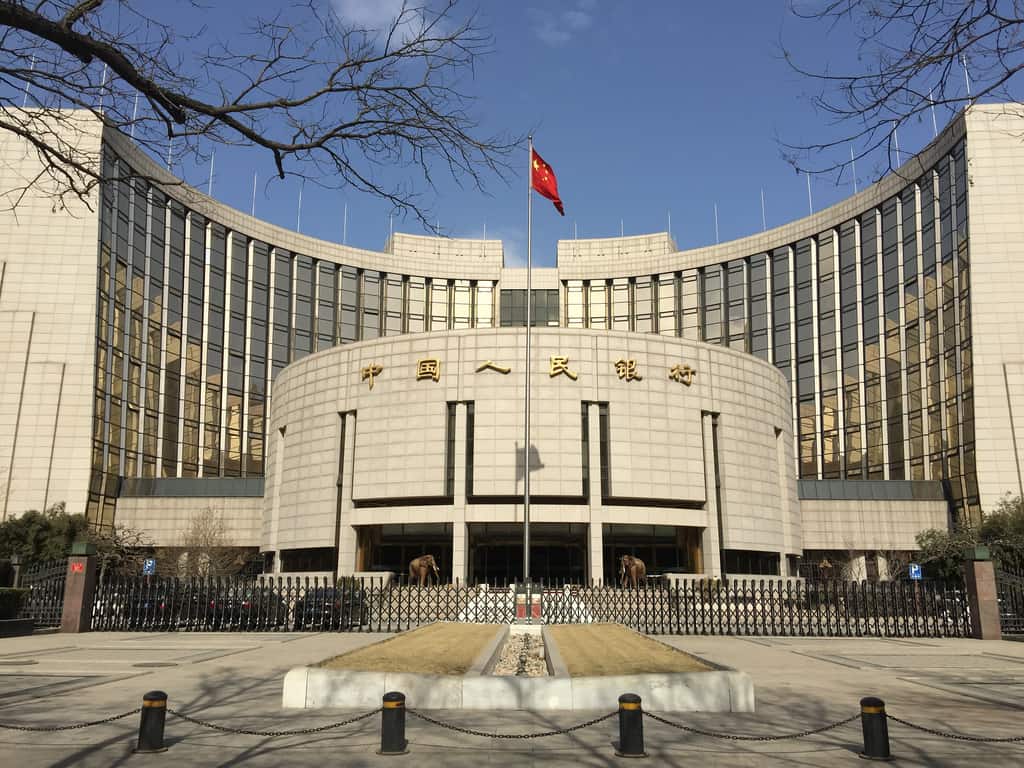A senior official from the Chinese central bank has outlined the potential impacts of the emergence of fintech on monetary policy and its effectiveness.
Zhu Jun (朱隽), director-general of the International Department at the People’s Bank of China, said that the growth of fintech will have an impact on the formulation and implementation of monetary policy by PBOC.
Jun made the remarks at the 2018 Global Fintech (Beijing) Summit held by the China Finance 40 Forum on 17 November in Beijing, according to a report from www.cnstock.com.
With regard to the transmission of monetary policy, fintech’s growth will exacerbate financial sector competition and cause the market to become more sensitive in its responsiveness to interest rates, which at first blush would appear to raise the effectiveness of monetary policy.
As technology advances, however, “intangible assets as a share of corporate assets will continually increase, which is likely to weaken the results of monetary policy implementation.”
With regard to monetary policy targets, fintech could cause price changes to become more frequent via real-time adjustments to goods and services via algorithmic technology, and thus have a significant impact upon inflation.
Jun said more generally that while innovation has raised the efficiency of the financial sector, it has also brought major challenges in terms of regulation, fairness, financial stability and monetary policy.
Accord to Jun Chinese authorities will need to engage in in-depth research on how to strengthen regulations and address regulatory arbitrage, as well as encouraging efficiency improvements fostered by innovation while also giving equal consideration to fairness, and appropriately resolving financial stability risk and strengthening the implementation results of monetary policy.
Jun highlighted the potential emergence of regulatory arbitrage during the course of fintech development as a result of regulatory inadequacies.
One example is the fact that fintech companies provide maturity transformation and credit transformation services in the same way that traditional financial institutions do, yet they are not subject to regulatory requirements concerning capital adequacy ratios.
“This year Europe launched open banking rules requiring that banks share financial data,” said Zhu.
“Yet this requirement is not applicable to large-scale tech companies, which has led to unequal treatment from regulators with regard to the data that they obtain and share, thus creating regulatory arbitrage and a competitive advantage.”
Zhu also pointed out that the unassailable market position of tech giants and their provision of vital infrastructure services to financial institutions means that they are increasingly becoming systemically important platforms.
“With regard to risk management of these large-scale tech companies, usually their experience is inadequate, and when faced with market shocks there can be a herd effect that intensifies the pro-cylical nature of the financial system,” said Zhu.
“Additionally, these major tech companies usually engage in mixed operations, and some individual companies are already holding companies, increasing the possibility of cross-sector, cross-market risk transmission.
“If these companies roam beyond regulation over the long-term and are not subject to the protection of the financial safety net, once any problems emerge they could have a massive impact.”




